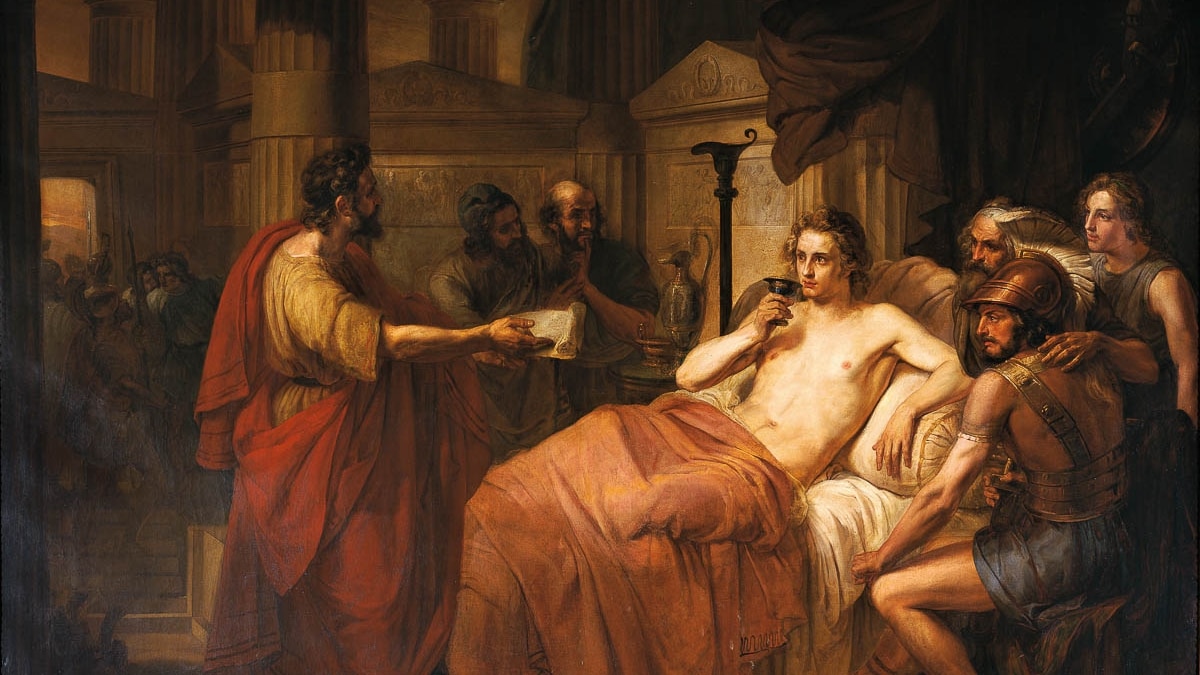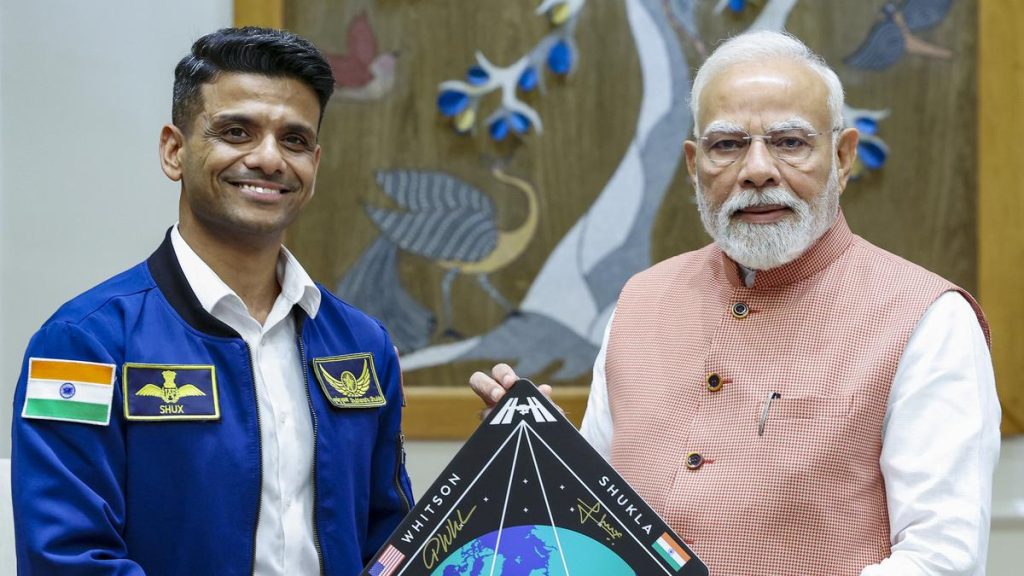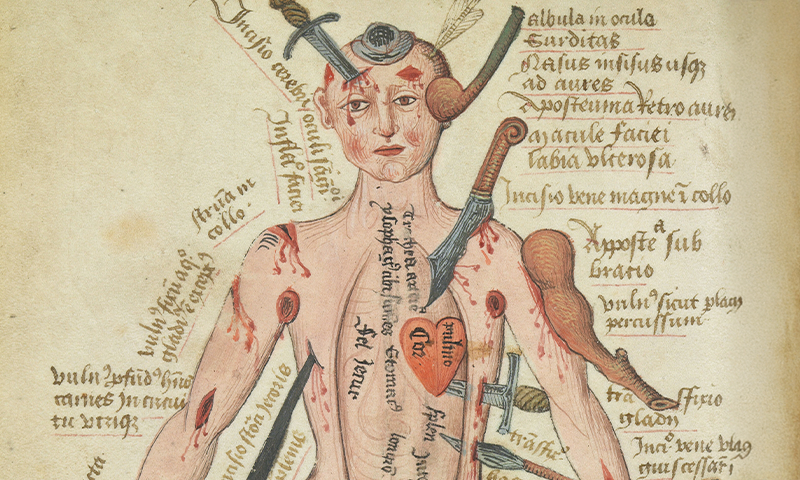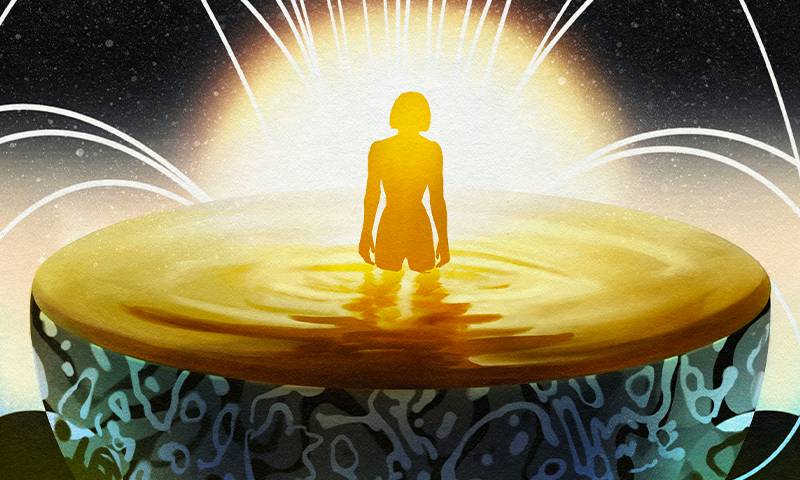Now Reading: Did Poison Kill Alexander the Great? Science Revisits the Mystery
-
01
Did Poison Kill Alexander the Great? Science Revisits the Mystery
Did Poison Kill Alexander the Great? Science Revisits the Mystery

Fast Summary
- Alexander the Great died in June 323 BCE at age 32 after falling suddenly ill during a banquet. Symptoms included abdominal pain, fever, convulsions, partial paralysis, and eventual unconsciousness.
- his body showed no decomposition for six days after death, fueling divine-like perceptions in ancient Greece.
- Debate over the cause of his death spans centuries-illness or infection are possibilities, but many historians have suspected foul play or poisoning.
- The River Styx (identified as Mavroneri in modern Greece), linked to underworld myths and thought to hold toxic waters by ancient accounts, is a speculative source of poison theorized to be responsible for Alexander’s demise.
- Adrienne mayor from Stanford University explored natural toxins possibly present at the Styx like calicheamicin from limestone deposits and toxic lichen secreting oxalic acid-both corrosive and potentially lethal substances unknown to ancient science.
- Mayor’s examination ties both toxins’ properties to symptoms recorded in Alexander’s death while noting how legends about the Styx amplified its reputation as deadly.
- Definitive conclusions on Alexander’s death remain unattainable due to lack of evidence from antiquity.
Indian Opinion Analysis
The mystery surrounding Alexander the Great’s death reflects humanity’s enduring interest with past enigmas intertwined with mythology. For India-a land with rich history tied deeply into legend-it foregrounds how oral traditions shape perceptions around pivotal figures like Chandragupta Maurya or Emperor Ashoka.
The investigation exemplifies interdisciplinary collaboration by historians and scientists today. This methodology could inspire Indian scholars grappling with unresolved historical questions such as Harappan civilization collapse or Vedic-era practices. A neutral critique warns against rigidly accepting unproven theories; hard science alongside textual analysis enriches understanding without reinventing legends entirely.
Furthermore, cultural diplomacy can leverage research showcasing global curiosity about historically vital regions-including India-to remind modern audiences that studying historical figures deepens cross-civilizational awareness rather than solely emphasizing conquest narratives akin to Alexander’s legacy.



























